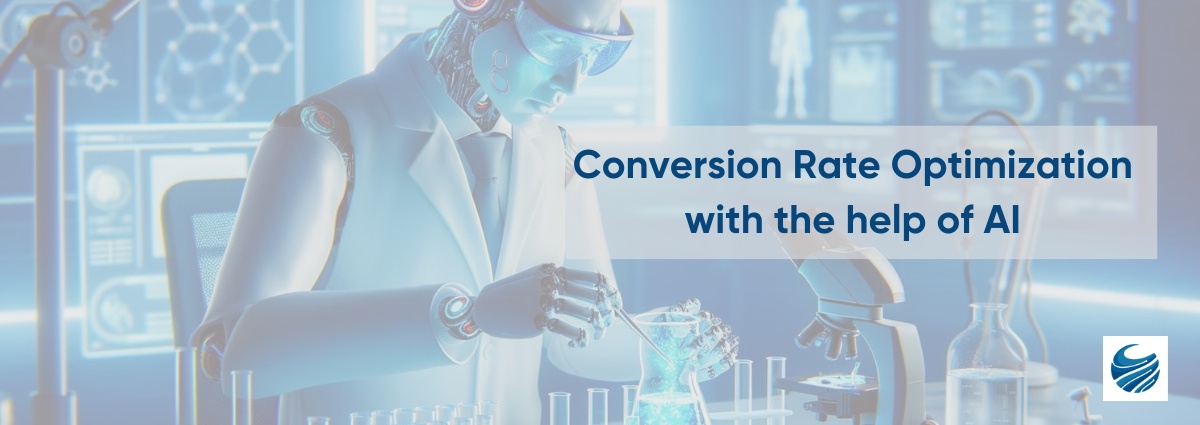The AI implementation strategy category is a crucial resource for professionals navigating the rapidly evolving landscape of artificial intelligence and machine learning.
In today's digital era, the realm of artificial intelligence (AI) and machine learning is expanding at an unprecedented pace. Professionals across various industries are increasingly recognizing the transformative potential of AI technologies. However, the successful integration of AI into business operations requires meticulous planning and execution. This article delves into the realm of AI implementation strategies, providing insights into why they matter, key components for success, best practices, challenges, case studies, and future trends.
Understanding the Importance of AI Implementation
Why AI Implementation Strategies Matter
AI implementation strategies serve as a roadmap for organizations seeking to harness the power of AI effectively. By delineating clear objectives and methodologies, these strategies facilitate the seamless integration of AI technologies into existing workflows.
Benefits of Effective AI Implementation
Effective AI implementation yields numerous benefits, including enhanced operational efficiency, improved decision-making capabilities, greater scalability, and a competitive edge in the market.
Key Components of Successful AI Implementation Strategies
Setting Clear Objectives and Goals
One of the foundational elements of AI implementation strategies is establishing clear objectives and goals aligned with the organization's overarching vision. By defining measurable outcomes, businesses can gauge the success of their AI initiatives and track progress effectively.
Data Infrastructure and Management
A robust data infrastructure is paramount for AI implementation success. Organizations must ensure the availability of high-quality data and implement robust data management practices to facilitate accurate insights and model training.
Talent Acquisition and Training
Skilled personnel play a pivotal role in driving AI initiatives forward. Hence, organizations must prioritize talent acquisition and provide comprehensive training programs to upskill existing employees and attract top AI talent.
Integration with Existing Systems
Integrating AI solutions with existing systems and workflows is essential for seamless operations. Compatibility and interoperability considerations should be addressed to ensure a smooth transition and minimize disruptions.
Best Practices for Developing AI Implementation Strategies
Conducting Comprehensive Assessments
Before embarking on AI implementation endeavors, organizations should conduct comprehensive assessments of their current capabilities, technological readiness, and organizational culture.
Prioritizing Ethical Considerations
Ethical considerations should be at the forefront of AI implementation strategies. Organizations must adhere to ethical guidelines and ensure transparency, fairness, and accountability in AI-driven decision-making processes.
Iterative Approach to Implementation
Adopting an iterative approach allows organizations to refine and optimize AI solutions over time. Continuous feedback loops enable agile adaptation to evolving business requirements and technological advancements.
Continuous Monitoring and Evaluation
Continuous monitoring and evaluation are imperative for measuring the effectiveness of AI implementation strategies and identifying areas for improvement. Regular performance assessments enable timely interventions and course corrections.
Overcoming Challenges in AI Implementation
Lack of Data Quality and Accessibility
Inadequate data quality and accessibility pose significant challenges to AI implementation. Organizations must address data governance issues and invest in data quality improvement initiatives.
Resistance to Change
Resistance to change among employees can impede the adoption of AI technologies. Effective change management strategies and stakeholder engagement efforts are essential for fostering a culture of innovation and acceptance.
Regulatory and Compliance Issues
Navigating regulatory and compliance frameworks is another hurdle in AI implementation. Organizations must ensure compliance with relevant regulations and standards while mitigating legal risks associated with AI deployment.
Case Studies: Successful AI Implementation Examples
Healthcare Industry
In the healthcare sector, AI-powered solutions are revolutionizing patient care, diagnosis, and treatment planning. From predictive analytics to personalized medicine, AI is enhancing clinical outcomes and driving operational efficiencies.
Retail Sector
Retailers are leveraging AI technologies to optimize inventory management, enhance customer experiences, and streamline supply chain operations. AI-driven personalization and recommendation engines are reshaping the retail landscape.
Financial Services
In the financial services industry, AI is powering fraud detection, risk assessment, algorithmic trading, and customer service automation. These advancements enable financial institutions to mitigate risks, enhance security, and deliver superior services.
Future Trends in AI Implementation Strategies
Embracing Automation and Autonomous Systems
The future of AI implementation lies in embracing automation and autonomous systems across various domains. From autonomous vehicles to smart factories, AI-driven automation promises to revolutionize industries and enhance productivity.
AI-driven Decision-making Processes
AI-driven decision-making processes will become increasingly prevalent, enabling organizations to leverage data-driven insights for strategic decision-making. Augmented intelligence tools empower leaders to make informed choices and drive innovation.
Conclusion
In conclusion, AI implementation strategies play a pivotal role in unlocking the full potential of artificial intelligence across diverse sectors. By adopting a systematic approach, addressing key components, adhering to best practices, and overcoming challenges, organizations can harness the transformative power of AI to drive innovation, efficiency, and competitiveness.


No comments yet